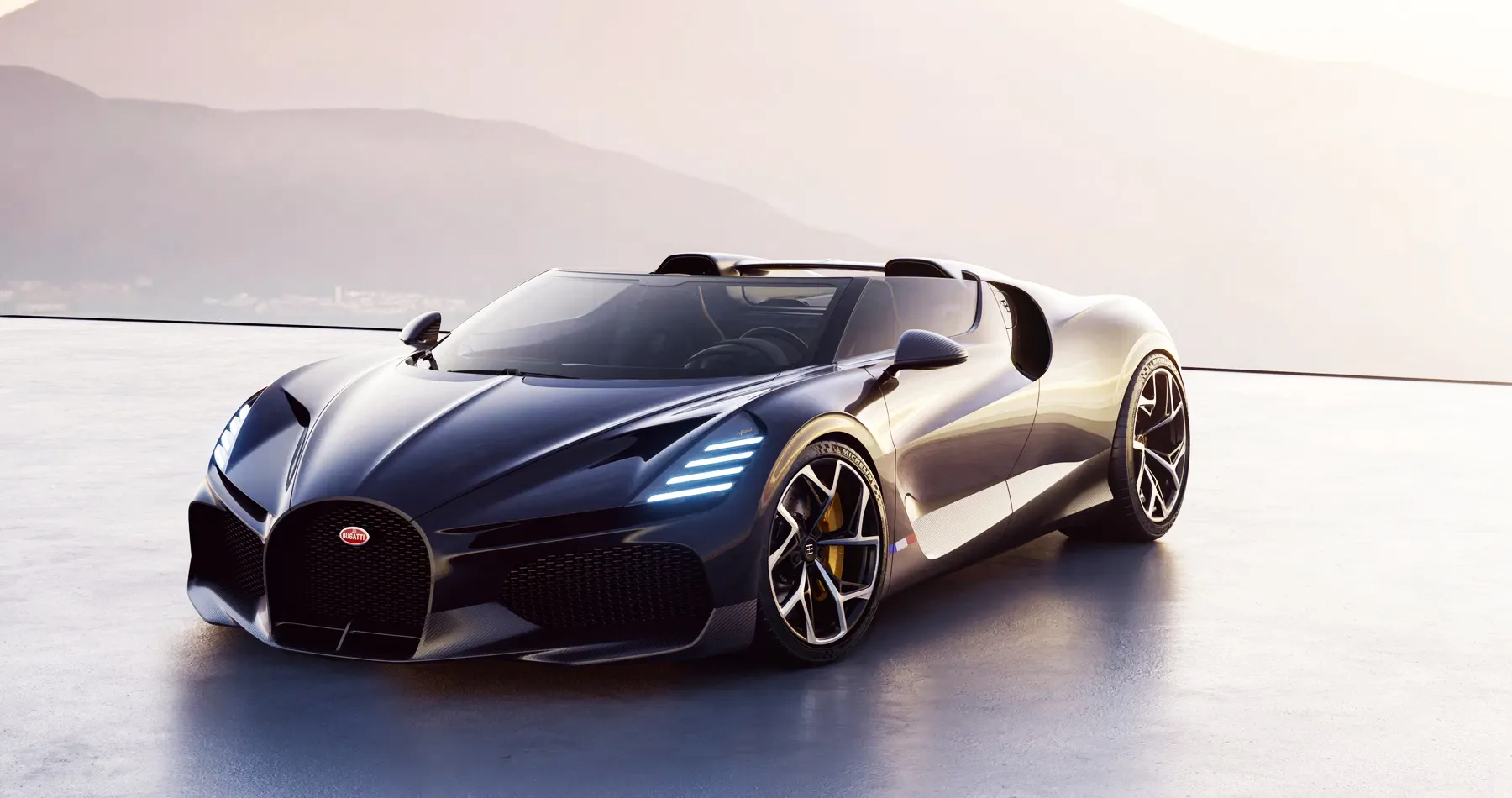Will Bugatti make an electric car?
In a world increasingly focused on sustainability and environmental consciousness, even luxury automakers are reevaluating their approach to vehicle production. Bugatti, renowned for its high-performance and opulent cars, has been at the forefront of automotive innovation for decades. With the automotive industry undergoing a significant shift towards electric mobility, enthusiasts and industry insiders alike are eager to know if Bugatti will make an electric car. This article explores Bugatti’s potential entry into the electric vehicle (EV) market, analyzing the factors influencing this decision and the implications for the brand.
Historical Perspective:
Bugatti, synonymous with speed and craftsmanship, has a rich history rooted in traditional combustion engines. The company has consistently pushed the boundaries of speed and performance, making a name for itself in the hypercar segment. However, as the automotive industry faces a paradigm shift towards electric powertrains, Bugatti finds itself at a crossroads, navigating the balance between tradition and innovation.
Market Trends and Environmental Imperatives:
The global automotive landscape is witnessing a surge in electric vehicle adoption, driven by environmental concerns, regulatory changes, and technological advancements. Governments are implementing stricter emissions standards, encouraging automakers to explore sustainable alternatives. Bugatti’s peers must consider these market trends and environmental imperatives in its strategic planning.
Customer Expectations:
The discerning clientele that Bugatti caters to has traditionally favored high-performance, exclusive, and meticulously crafted internal combustion engine vehicles. However, customer preferences are evolving, with an increasing demand for sustainability and eco-friendly options. To maintain its elite status and appeal to a broader audience, Bugatti must align its product offerings with the changing expectations of its clientele.
Technological Advancements:
The advancement of electric vehicle technology has reached a point where it can rival, and in some cases surpass, the performance capabilities of traditional combustion engines. Electric motors offer instant torque, impressive acceleration, and a quieter, smoother driving experience. Bugatti, known for its pursuit of excellence, may see an opportunity to leverage these technological advancements to create an electric hypercar that not only meets but exceeds the performance expectations of its customers.
Brand Identity:
Bugatti’s brand identity has been synonymous with high-performance combustion engines, meticulous craftsmanship, and a commitment to pushing the limits. Transitioning to electric vehicles represents a significant shift that could impact the brand’s identity. Striking the right balance between innovation and preserving the essence of Bugatti’s heritage will be crucial for the success of any electric vehicle endeavor.
R&D Investments and Partnerships:
The development of electric vehicles requires substantial research and development (R&D) investments. Bugatti may need to evaluate its capabilities and resources to embark on the journey of creating an electric hypercar. Collaborations and partnerships with established players in the electric vehicle ecosystem could also be instrumental in expediting the development process and ensuring the success of Bugatti’s foray into the electric market.
Conclusion:
The automotive industry’s shift towards sustainability, evolving customer expectations, technological advancements, and Bugatti’s commitment to innovation all contribute to the likelihood of an electric Bugatti in the future. The impact of Bugatti’s electrified aspirations on the brand’s reputation in the hypercar industry will only become with time.
Also Read,
- Pickup price 2021
- Mahindra Thar on road price in Kerala
- XUV 300 on road price in India
- Mahindra XUV 700 on road price in Kerala
- Mahindra XUV700
- 2022 Maruti Suzuki Brezza
- Alto 800 Price in Kerala
- Alto K10 2022 | Alto K10 2022 model price
- Ignis price in India in 2022
- Alto 800 price in Indi
- Eco price in India
- Ertiga price
- Swift price On road in India
- Vitara Brezza
- Maruti Suzuki Wagon R price in India
- New Celerio 2021
- Swift Price in Kerala
- Vitara Brezza with price
- Wagon R Price in Kerala
- MINI COOPER SE
- MG Astor-
- MG Hector price in Kerala
- Nissan Pathfinder 2022
- Renault Triber review
- Most expensive Rolls Royce
- S cross price in India
- Skoda Kodiaq
- Super Cars worth waiting for
- Nexon Price in Kerala
- TATA Harrier on-road price in Kerala
- Tata Upcoming Cars
- Tiago Price in Kerala
- 2021 tesla model 3 standard range
- Fortuner Top Model Price in India
- Innova Crysta price in India
- Innova Crysta Price in Kerala
- Price for Toyota Yaris 2021
- Toyota Urban cruiser price in India
- Polo on road price in Kerala
